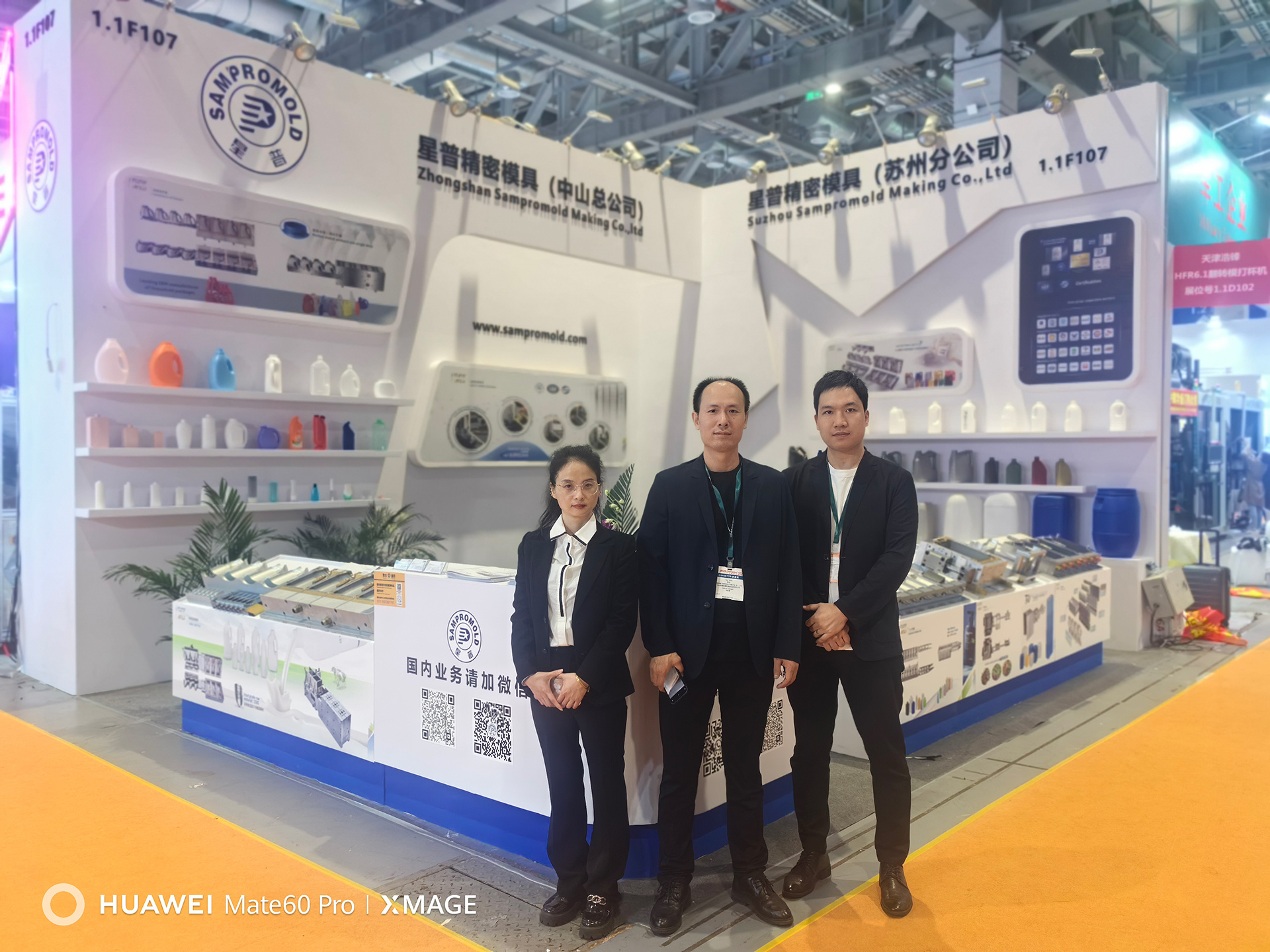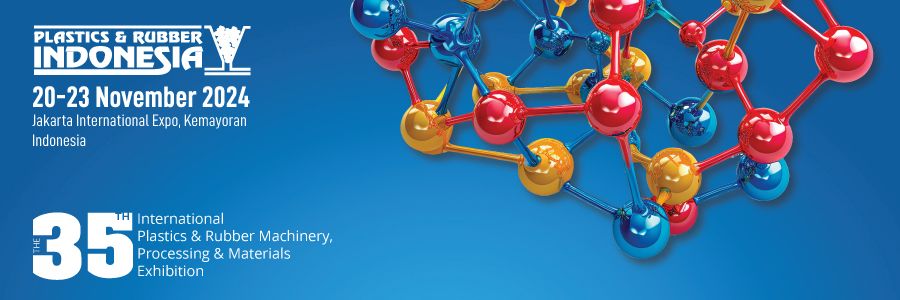Unlocking the Benefits of Discount Structural Foam Injection Mold Technology
Time:
2025-06-09
Structural foam injection molding is a specialized plastic manufacturing process that produces lightweight yet durable components. This technique involves injecting a low-density foam into a mold, which expands to fill the cavity, creating a part that is both strong and lightweight. The "discount" aspect of structural foam injection molding often refers to cost-effective solutions that do not compromise on quality, making it an attractive option for manufacturers looking to optimize their production processes.
One of the main advantages of discount structural foam injection molding is its efficiency in producing large, complex parts with minimal waste. The foaming agent used in the process helps to reduce the amount of material required, leading to significant cost savings. Additionally, the lightweight nature of the final product can lead to reduced shipping costs and improved energy efficiency in applications such as automotive and aerospace industries.
Moreover, structural foam injection molds can accommodate various materials, offering flexibility to manufacturers. This adaptability allows for the production of parts with varying densities and textures, catering to specific requirements in different industries. For example, softer foams can be used for applications needing enhanced cushioning, while denser foams provide more rigidity for structural components.
Another critical benefit of this technique is its ability to enhance the strength-to-weight ratio of the final products. The combination of structural foam's lightweight nature and its inherent strength makes it ideal for applications where weight reduction is crucial without sacrificing durability. This is particularly beneficial in sectors such as transportation, where lighter components can improve fuel efficiency and overall performance.
The range of applications for discount structural foam injection molding is vast. It is widely used in the manufacturing of automotive parts, industrial components, packaging materials, and consumer goods. As companies increasingly focus on sustainability and reducing their carbon footprint, the lightweight and resource-efficient nature of structural foam products aligns well with these goals.
In conclusion, discount structural foam injection molding represents a significant advancement in the manufacturing process, offering a unique blend of cost efficiency, versatility, and performance. By understanding the mechanics and benefits of this technology, companies can leverage it to enhance their product offerings, reduce production costs, and contribute to a more sustainable future in manufacturing. This process not only meets the growing demand for high-quality plastic products but also supports industries in their quest for innovation and efficiency.
One of the main advantages of discount structural foam injection molding is its efficiency in producing large, complex parts with minimal waste. The foaming agent used in the process helps to reduce the amount of material required, leading to significant cost savings. Additionally, the lightweight nature of the final product can lead to reduced shipping costs and improved energy efficiency in applications such as automotive and aerospace industries.
Moreover, structural foam injection molds can accommodate various materials, offering flexibility to manufacturers. This adaptability allows for the production of parts with varying densities and textures, catering to specific requirements in different industries. For example, softer foams can be used for applications needing enhanced cushioning, while denser foams provide more rigidity for structural components.
Another critical benefit of this technique is its ability to enhance the strength-to-weight ratio of the final products. The combination of structural foam's lightweight nature and its inherent strength makes it ideal for applications where weight reduction is crucial without sacrificing durability. This is particularly beneficial in sectors such as transportation, where lighter components can improve fuel efficiency and overall performance.
The range of applications for discount structural foam injection molding is vast. It is widely used in the manufacturing of automotive parts, industrial components, packaging materials, and consumer goods. As companies increasingly focus on sustainability and reducing their carbon footprint, the lightweight and resource-efficient nature of structural foam products aligns well with these goals.
In conclusion, discount structural foam injection molding represents a significant advancement in the manufacturing process, offering a unique blend of cost efficiency, versatility, and performance. By understanding the mechanics and benefits of this technology, companies can leverage it to enhance their product offerings, reduce production costs, and contribute to a more sustainable future in manufacturing. This process not only meets the growing demand for high-quality plastic products but also supports industries in their quest for innovation and efficiency.
RELATED NEWS













